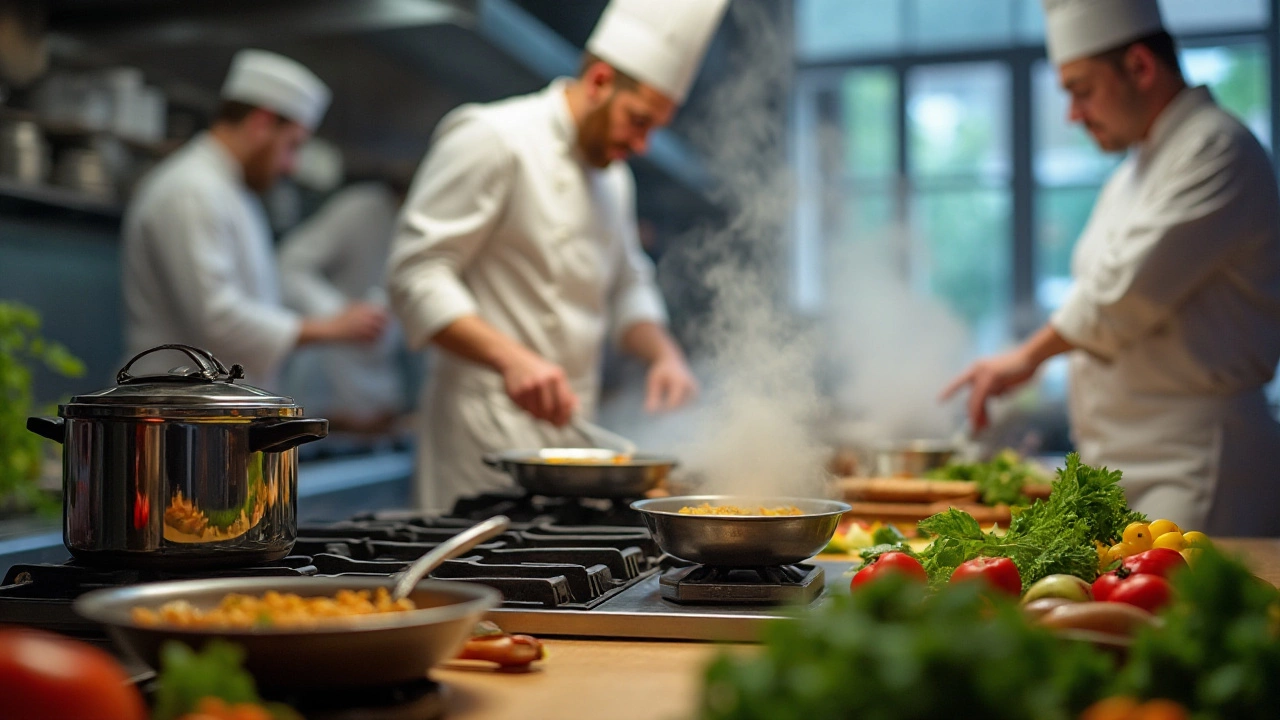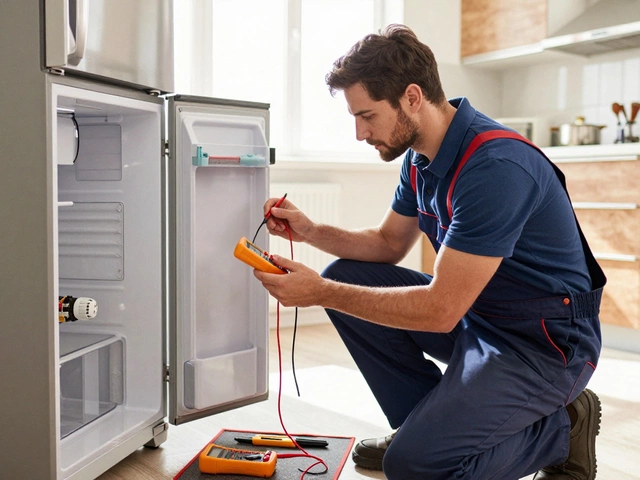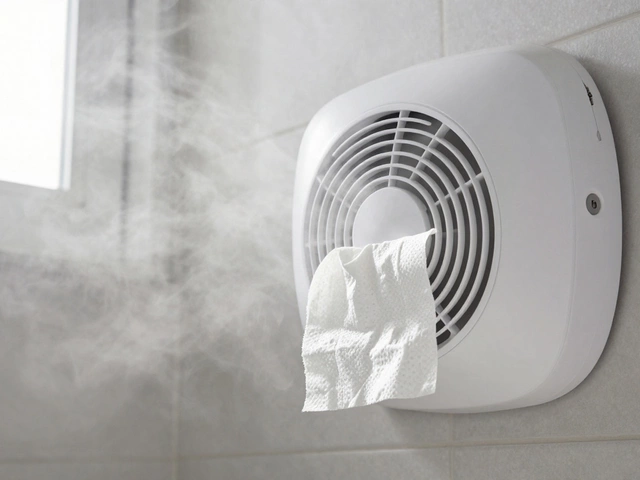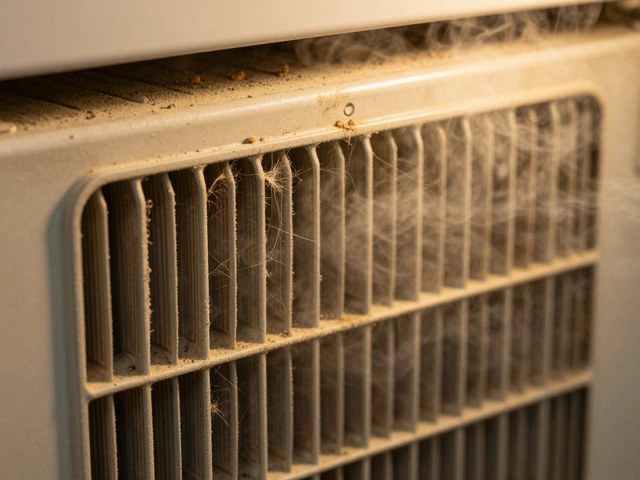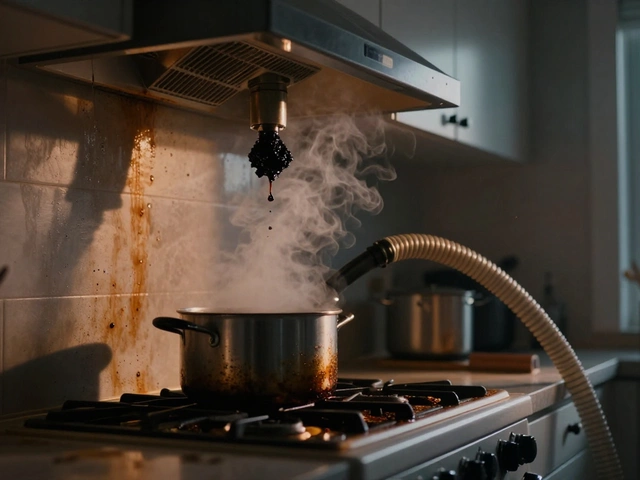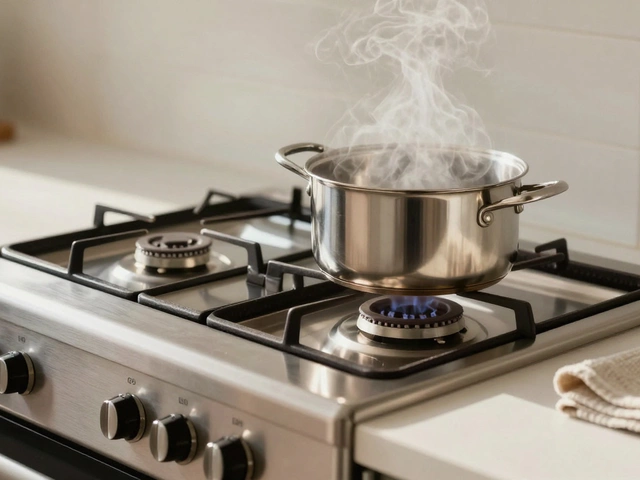Kitchen Appliances Guide – Repair, Maintenance & Tips
Got a noisy dishwasher, a fridge that won’t stay cold, or an oven that won’t heat? You’re not alone. Most kitchen gadgets break down at the worst moment, but a lot of the trouble can be fixed at home. Below you’ll find the most common problems, simple fixes, and a few habits that keep your appliances humming for years.
Common Problems and Easy Fixes
Refrigerator not cooling – First, check the condenser coils behind the fridge. Dust builds up fast and makes the motor work harder. Pull the fridge away from the wall, unscrew the coil cover and vacuum the fins. If the coil is clean but the fridge is still warm, listen for the compressor. A humming sound means it’s trying, but a silent unit often points to a failed start relay – a cheap part you can replace yourself.
Dishwasher won’t drain – The most common cause is a clogged filter. Remove the bottom rack, twist out the filter and rinse it under hot water. Also inspect the drain hose for kinks or food bits. A quick run of the dishwasher on a short cycle will tell you if water now flows out properly.
Oven not heating – If the oven temperature stays low, the heating element may be burnt out. Open the oven door, locate the element (it’s the shiny coil at the bottom or top) and look for cracks or breaks. Unplug, unscrew and replace it – most hardware stores carry the right size for under £20.
Washing machine won’t spin – Check the lid switch first; a broken switch stops the spin cycle. You can test it with a multimeter or simply listen for a click when you close the lid. If the switch is fine, the drive belt may be loose or snapped – replace it and the machine should spin again.
Keeping Your Appliances Running Longer
Cleaning is the easiest maintenance step. Wipe down oven doors, run a cleaning cycle on the dishwasher, and use a soft brush on dryer vents. Regularly clean lint from dryer filters; a blocked vent not only reduces efficiency but can start a fire.
Schedule a quick check at least once a year. For fridges, defrost if ice builds up more than a quarter inch. For boilers and water heaters, flush the system to remove sediment that saps performance. These short chores pay off with lower energy bills and fewer surprise breakdowns.
When you notice odd noises or performance drops, act fast. A small leak in a dishwasher or a humming fridge can become a big repair ticket if ignored. Keep a small toolbox – screwdrivers, pliers, a multimeter and a vacuum – and you’ll be ready for most DIY fixes.
Finally, know when to call a pro. If you encounter gas leaks, electrical sparks, or a part you’re not comfortable handling, it’s safer and often cheaper in the long run to let a qualified technician step in. Weymouth Appliance Repair Services can help with complex jobs, but many everyday issues are right at your fingertips.
With these tips, you’ll spend less time waiting for a repair and more time enjoying meals cooked on appliances that work like they should. Keep them clean, check them regularly, and don’t be afraid to try a simple fix before you call for help.
Why Most Chefs Prefer Traditional Cooking Methods: The Pressure Cooker Debate
- Alden Wilder
- Dec 4 2024
- 0 Comments
Many chefs avoid using pressure cookers in their professional kitchens despite the convenience they offer at home. This article explores the reasons behind this choice, touching on the desire for control, risk of overcooking, and loss of texture. It delves into the rich tradition of slow cooking and savoring flavors, providing insights and tips for those considering introducing pressure cookers into a culinary setting. Understanding these perspectives can help home cooks make informed decisions about their own cooking practices.
View More